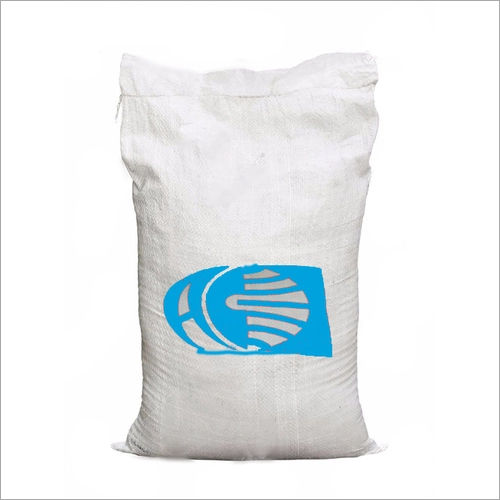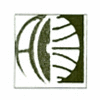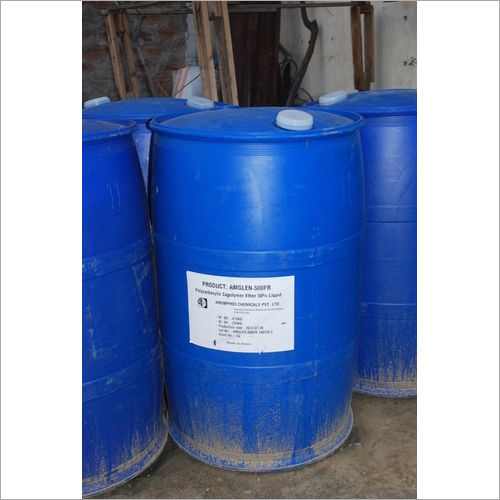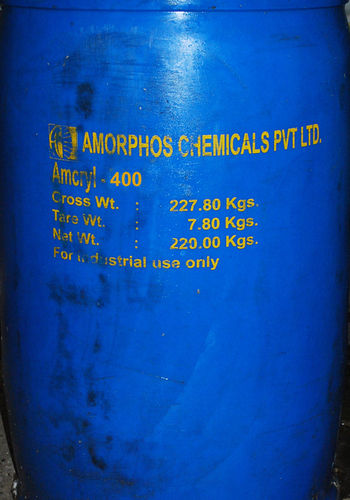
FORMALDEHYDE -
100 INR/Kilograms
Product Details:
X
FORMALDEHYDE - Price And Quantity
- 100 INR/Kilograms
- 500 Kilograms
FORMALDEHYDE - Trade Information
- 1000 Kilograms Per Day
- 2-3 Days
Product Description
Formaldehyde is a colorless, strong-smelling gas commonly used in various industries and products due to its preservative and disinfectant properties. It is also found naturally in the environment, but it is primarily produced synthetically for commercial purposes.
Frequently asked questions:
Q: What is formaldehyde used for?
A: Formaldehyde is widely used in the production of resins, adhesives, and composite wood products like plywood and particleboard. It is also a key ingredient in the manufacturing of textiles, paper, plastics, and various household products, including cleaning agents and cosmetics.
Q: Is formaldehyde harmful to human health?
A: Yes, formaldehyde can be harmful to human health, especially when exposure occurs at high concentrations or for prolonged periods. It is a known irritant to the eyes, nose, and throat and can cause respiratory issues such as coughing and difficulty breathing. Long-term exposure has been associated with an increased risk of certain cancers, such as nasopharyngeal cancer and leukemia.
Q: How are people exposed to formaldehyde?
A: Exposure to formaldehyde can happen through inhalation of the gas released from products containing formaldehyde or by skin contact with formaldehyde-containing substances. Indoor air pollution can also be a significant source of exposure, particularly in buildings with poor ventilation or high concentrations of formaldehyde-emitting materials.
Q: Are there regulations for formaldehyde exposure?
A: Yes, many countries have established regulations and guidelines to limit formaldehyde emissions from consumer products and building materials to protect public health. For example, the United States has established emission standards for composite wood products to reduce formaldehyde exposure in indoor settings.
Q: Can formaldehyde be found in medical settings?
A: Yes, formaldehyde has applications in medical and laboratory settings as a tissue preservative and fixative for histology and pathology. However, its use in these settings is strictly controlled to ensure the safety of healthcare professionals and patients.
Enter Buying Requirement Details
Other Products in 'Dispersing Agent ' category
Mumbai
Amorphos Chemicals Pvt.
Ltd
Office No. 110, Swastik
Plaza,
Near Voltas co. Pokharan
Road No. 2
Subhash Nagar, Thanne
(West)-400601
(Maharashtra)
Contact No: 9819339351,
022-40241108
Chennai
Amorphos Chemicals Pvt.
Ltd
4/9, Circular Road,
United India colony
Kodambakkam,
Chennai-600024
(Tamil Nadu)
Contact No: 09841019941,
09486866314




